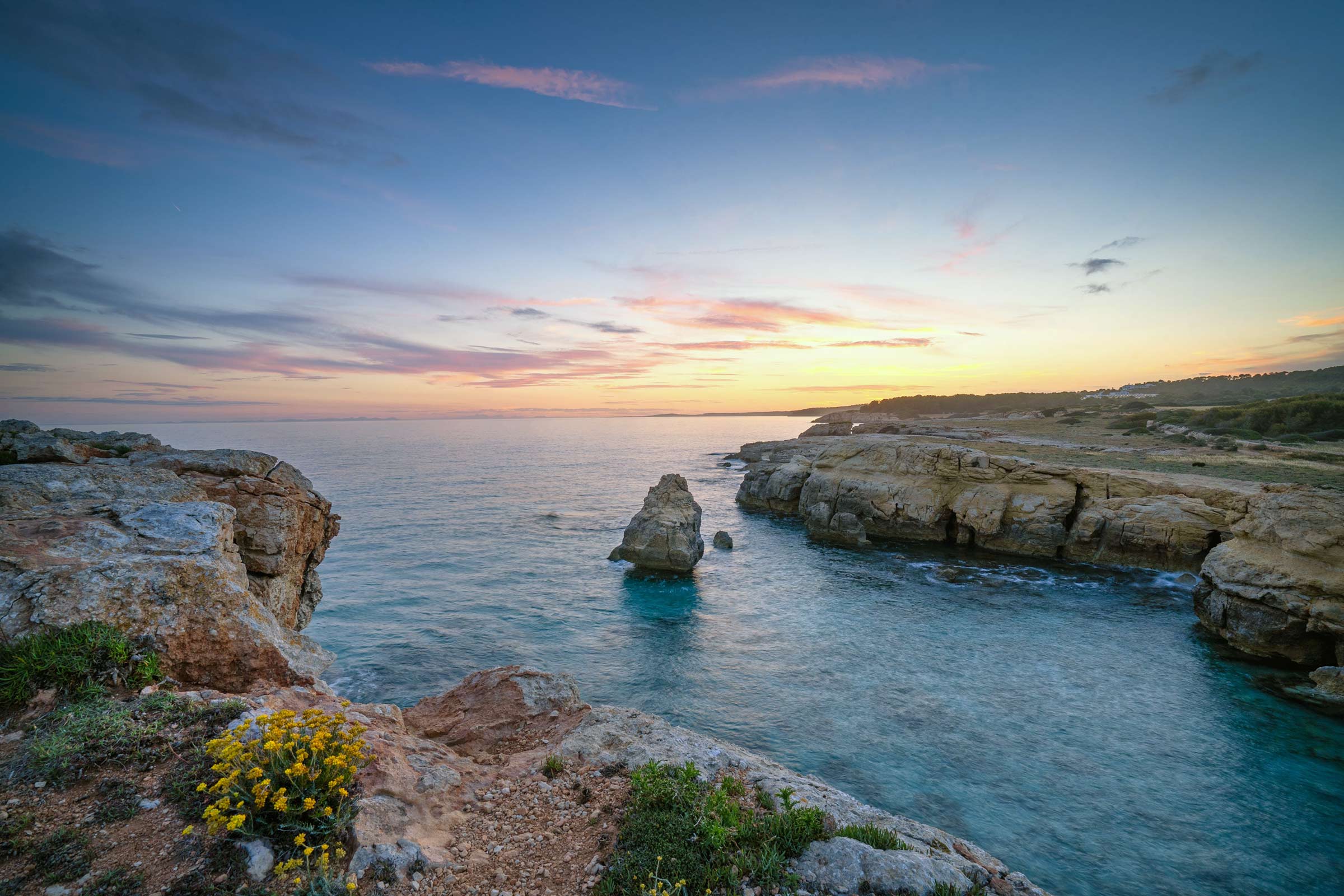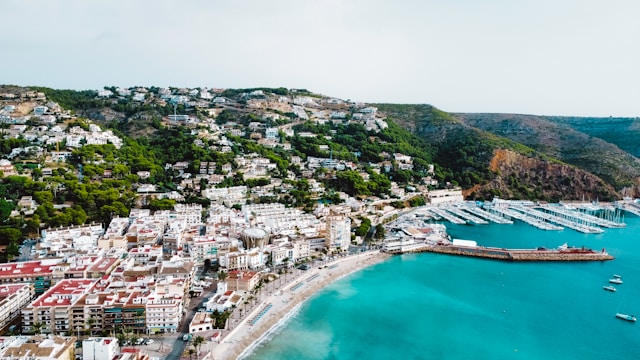Tourist Regulations in Javea and Denia
Tourist rentals have long played a significant role in the economy of the Marina Alta region, particularly in popular destinations such as Jávea and Dénia. However, the rapid growth of this sector in recent years has led local authorities to take decisive steps aimed at curbing uncontrolled expansion and mitigating its effects on housing availability, neighbourhood dynamics, and urban planning.
Latest Developments in Tourist Rental Regulations in Jávea and Dénia
Temporary suspensions and upcoming changes for holiday lets in the Marina Alta
In Jávea, the Town Hall implemented a temporary suspension in September 2024 on the issuance of urban compatibility certificates required to register properties for tourist rental purposes. This moratorium initially applied for six months and covered the entire municipal area—not just the historic centre or urban zones. Recently, this suspension has been extended by an additional six months, pushing the restriction through to September 2025.
What does this mean for property owners?
During this period, no new tourist rental licences can be initiated, as the compatibility certificate is a mandatory first step in the process. The local government’s intention is to use this time to develop a specific regulatory framework for tourist accommodation that aligns with urban planning goals and community interests. Once this new regulation is in place, it is expected to include more detailed criteria to assess where and under what conditions holiday rentals can be authorised.
Meanwhile, in Dénia, a similar approach has been adopted. On 29 August 2024, the local council passed a resolution to suspend the issuance of tourist-related permits, including urban compatibility certificates, licences, and responsible declarations. This measure was officially published in the Diari Oficial de la Generalitat Valenciana on 10 September 2024. Unlike Jávea, the suspension in Dénia is limited to specific zones—mainly within the urban core—and will last one year, with a possibility for further extension.
Where is affected?
The affected areas, clearly outlined in the official map accompanying the resolution, include well-known neighbourhoods such as Dalt Dénia, Baix la Mar, Marqués de Campo, Saladar, París, and others. These are districts where the concentration of tourist rentals has raised concerns about affordability for long-term residents, noise issues, and pressure on local infrastructure.
What is behind the decision?
The primary reason behind both suspensions is the lack of specific provisions for tourist rentals in the existing urban planning regulations. By pausing new registrations, both municipalities aim to reevaluate how and where tourist accommodation should be integrated into the urban fabric, with an emphasis on sustainable development, protection of heritage areas, and coexistence between residents and visitors.
For property owners and investors, these changes signal a shift toward greater scrutiny and regulation of holiday lets. Anyone considering entering the market or adapting an existing property for tourist use should stay informed of upcoming legislative developments and consult legal professionals for tailored advice.
While these moratoriums may cause temporary delays, they are part of a broader effort to ensure that tourist activity remains compatible with the long-term wellbeing of the towns and their residents.




